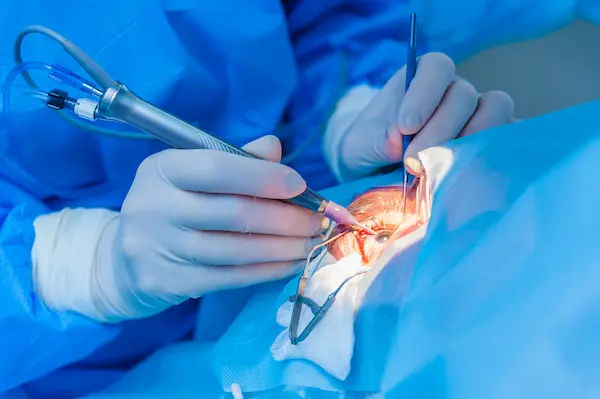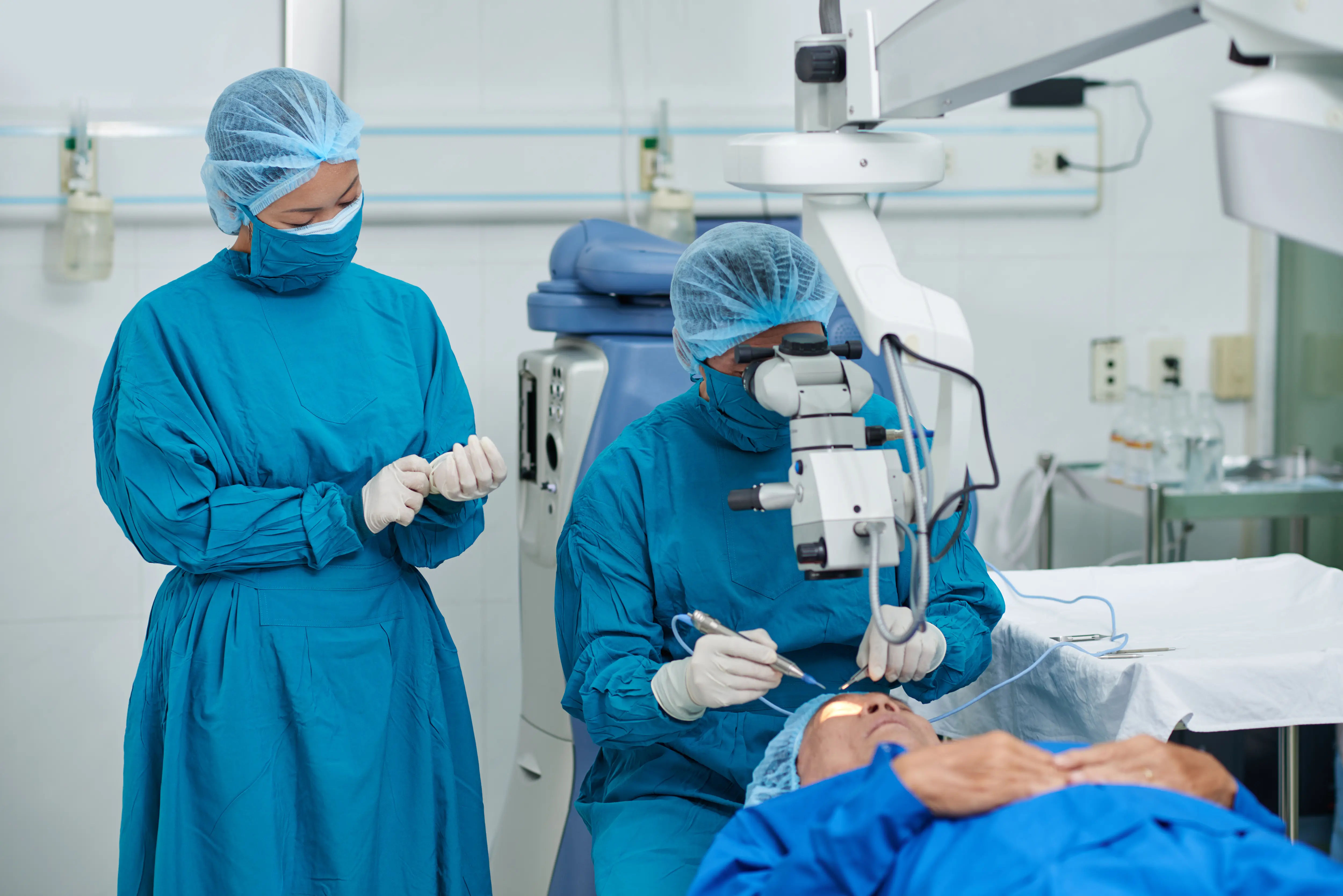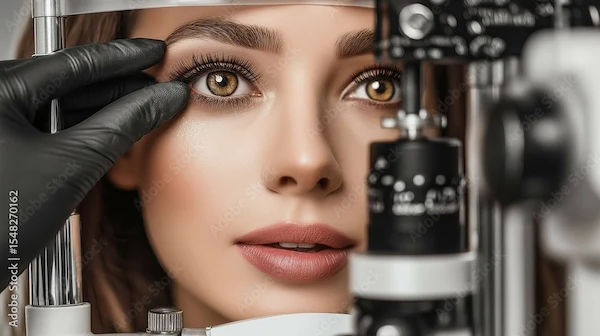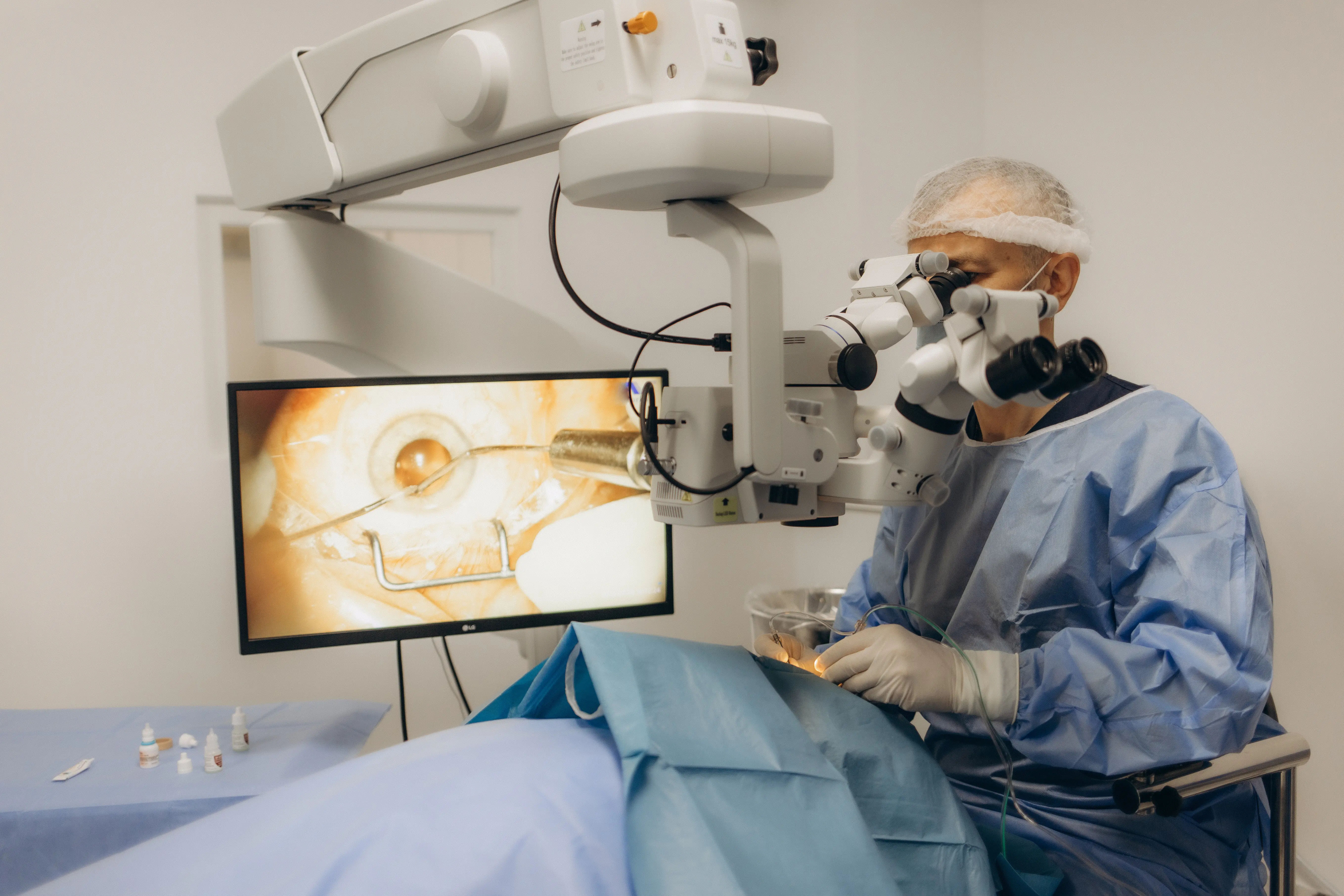How To Choose An Intraocular Lens For Cataract Surgery?
Learn how to choose the right intraocular lens (IOL) for cataract surgery. Explore the types, benefits, and key factors to consider for optimal vision and lifestyle needs.

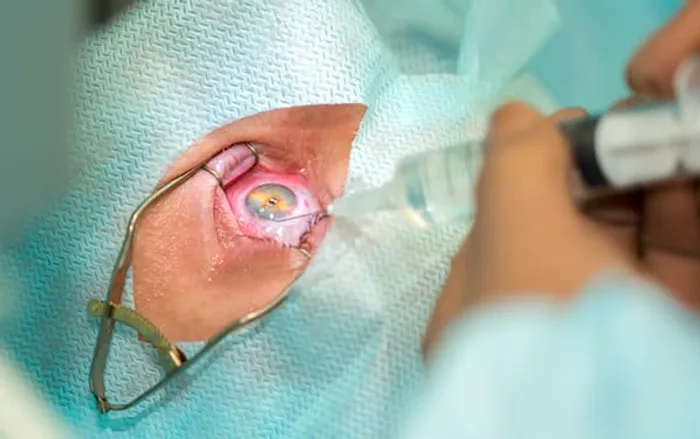
Introduction
If you or a loved one is preparing for cataract surgery, one of the most important decisions you’ll make is choosing the right intraocular lens (IOL). Cataracts cloud your natural eye lens, and during surgery, this lens is replaced with an artificial IOL to restore clear vision. With several IOL options available, selecting the right one can feel overwhelming. This guide will help you understand the different types of IOLs, their benefits, and how to choose the best one for your lifestyle and vision needs.
Understanding IOLs: What Are They?
An intraocular lens (IOL) is a small, artificial lens implanted in your eye during cataract surgery. Unlike contact lenses, which sit on the eye’s surface, an IOL is placed permanently inside your eye to replace the cloudy natural lens.
Types of IOLs
There are several types of IOLs available, each designed to address different vision needs:
1. Monofocal IOLs: These provide clear vision at one fixed distance (near, intermediate, or far). Most people choose distance vision and use glasses for reading or close work.
2. Multifocal IOLs: These lenses offer multiple focal points, reducing dependence on glasses for both near and far vision. However, some patients may experience glare or halos at night.
3. Extended Depth of Focus (EDOF) IOLs: These provide a continuous range of vision (distance to intermediate) with fewer visual disturbances than multifocal lenses.
4. Toric IOLs: Designed for people with astigmatism, these lenses correct corneal irregularities to improve distance vision.
5. Accommodating IOLs: These lenses adjust focus naturally by moving inside the eye, offering better intermediate and near vision.
Consult Top Specialists for Personalised Tips
Factors to Consider When Choosing an IOL
Selecting the right IOL depends on your vision needs, lifestyle, and overall eye health. Here’s what to consider:
1. Your Daily Activities
Do you drive frequently? (Distance vision is crucial.)
Do you work on a computer or read often? (Intermediate/near vision may be a priority.)
Are you active in sports or outdoor activities? (Glare resistance may be important.)
2. Your Willingness to Wear Glasses
If you prefer minimal dependence on glasses, multifocal or EDOF IOLs may be ideal.
If you don’t mind wearing glasses for reading, monofocal IOLs are a reliable choice.
3. Existing Eye Conditions
Astigmatism: A toric IOL can correct it.
Dry eyes or macular issues: Your doctor may recommend a specific type of IOL.
4. Budget and Insurance Coverage
Monofocal IOLs are usually covered by insurance, while premium lenses (multifocal, toric, EDOF) may involve extra costs.
Tips for Making the Best Choice
Some of the tips for making the best choices are:
1. Consult Your Eye Surgeon: They will evaluate your eye health and recommend the best options.
2. Discuss Your Lifestyle: Be open about your daily habits and vision expectations.
3. Ask About Potential Side Effects: Some IOLs may cause glare or halos; knowing this beforehand helps.
4. Consider Future Needs: If you have age-related eye conditions, your doctor may suggest a specific IOL.
Conclusion
Cataract surgery is a life-changing procedure, and selecting the right IOL can significantly impact your quality of vision. By understanding the different types of lenses and discussing your needs with a specialist, you can make an informed decision that suits your lifestyle.
Consult Top Eye Surgeon
Consult Top Specialists for Personalised Tips

Dr. Karan Paswan
Ophthalmologist
7 Years • MBBS,MS (Ophthalmology)
Kolkata
VDC Clinic, Kolkata

Dr. Zennat Tajmin Shah
Ophthalmologist
24 Years • MBBS,DNB (Ophthalmology)
Kolkata
Titanium Eye Care, Kolkata

Dr. Ranjana Mithal
Ophthalmologist
41 Years • MBBS, MS
Delhi
Apollo Hospitals Indraprastha, Delhi
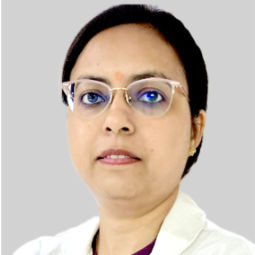
Dr. Shivani Grover
Ophthalmologist
9 Years • MS (Ophthalmology), Fellowship Cataract, Squint & Paediatric Ophthalmology
Lucknow
Apollomedics Super Speciality Hospital, Lucknow
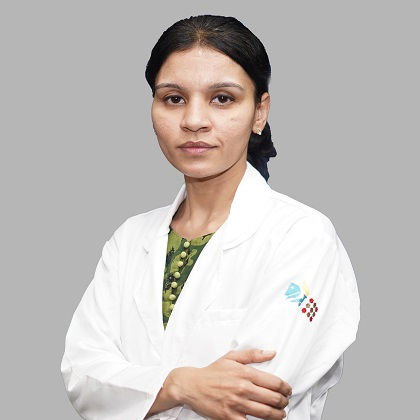
Dr Monica Gour
Ophthalmologist
9 Years • MS(Ophthalmology) Fellowship in Cornea
Lucknow
Apollomedics Super Speciality Hospital, Lucknow
Consult Top Eye Surgeon

Dr. Karan Paswan
Ophthalmologist
7 Years • MBBS,MS (Ophthalmology)
Kolkata
VDC Clinic, Kolkata

Dr. Zennat Tajmin Shah
Ophthalmologist
24 Years • MBBS,DNB (Ophthalmology)
Kolkata
Titanium Eye Care, Kolkata

Dr. Ranjana Mithal
Ophthalmologist
41 Years • MBBS, MS
Delhi
Apollo Hospitals Indraprastha, Delhi

Dr. Shivani Grover
Ophthalmologist
9 Years • MS (Ophthalmology), Fellowship Cataract, Squint & Paediatric Ophthalmology
Lucknow
Apollomedics Super Speciality Hospital, Lucknow

Dr Monica Gour
Ophthalmologist
9 Years • MS(Ophthalmology) Fellowship in Cornea
Lucknow
Apollomedics Super Speciality Hospital, Lucknow
